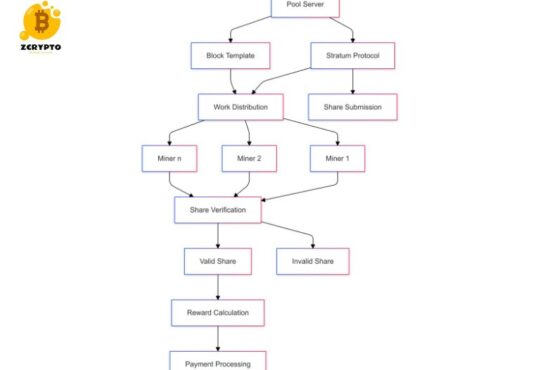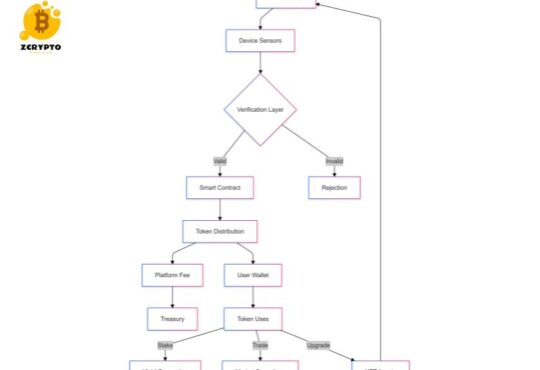
Unlocking India’s Financial Hub: A Comprehensive Guide to the Bombay Stock Exchange (BSE)
History of the Bombay Stock Exchange
The journey of BSE is a fascinating tale of growth and transformation. Established in 1875 by Premchand Roychand, it began as an informal gathering of traders under banyan trees in what is now known as Dalal Street in Mumbai. Over the years, this informal setup evolved into a formal organization recognized by the Indian government in 1957.
A significant milestone was reached in 1995 when BSE transitioned from manual trading to digital trading using the Bombay Online Trading Platform (BOLT). This move marked a new era in efficiency and transparency. Despite challenges such as the 1993 Bombay bombings, BSE continued to grow and innovate. In 2016, it launched India INX, India’s first international exchange located at the International Financial Services Centre (IFSC) in GIFT City.
How the Bombay Stock Exchange Works
The operational backbone of BSE is its electronic trading system facilitated by BOLT. This platform allows for swift and secure transactions, ensuring that trades are executed efficiently. Brokers and brokerage agencies play a crucial role in this process by acting as intermediaries between buyers and sellers. They charge fees for their services which can vary based on the type of transaction.
BSE operates on a T+1 (or T+0 for limited securities) transaction settlement system, which means that trades are settled within one day (or same day for certain securities). This timely settlement is crucial for maintaining market stability. The order-matching mechanism follows a price-time priority principle, where orders are matched based on price and time of entry.
Functions and Operations
At its core, BSE facilitates both primary and secondary market activities. The primary market involves initial public offerings (IPOs) where companies raise capital by issuing new shares to the public. The secondary market allows trading of existing securities among investors.
For companies seeking to list on BSE, there is a rigorous listing process that ensures only credible entities are part of this prestigious exchange. Being listed on BSE offers numerous benefits including increased visibility, liquidity, and access to capital.
BSE also trades various financial instruments such as stocks, mutual funds, debt instruments, and derivatives. These diverse offerings cater to different investor needs and risk appetites.
Significance of the Bombay Stock Exchange
BSE is more than just a trading platform; it is a vital component of India’s financial ecosystem. It facilitates capital raising for companies through IPOs and other fundraising mechanisms, thereby supporting business growth and expansion.
The performance of BSE reflects India’s economic health and has a significant impact on the overall financial system. Benchmark indices like the Sensex, which tracks the performance of 30 leading stocks listed on BSE, serve as indicators of market sentiment and economic conditions.
Market Statistics and Trends
As one of the largest stock exchanges globally, BSE boasts impressive market statistics. With a market capitalization running into trillions of rupees and over 5,000 listed companies, it is a hub of financial activity. Retail investors form a significant portion of participants in this market along with institutional investors like mutual funds.
Household savings in India are increasingly being channeled into stock market investments through various channels including systematic investment plans (SIPs) in mutual funds. While bear markets do occur periodically affecting investor confidence temporarily, historical data shows that Indian markets have generally outperformed many global peers over long-term horizons.
Technological Advancements and Innovations
Technology has been a game-changer for BSE over recent decades. The shift from manual to digital trading has not only increased efficiency but also democratized stock investments by making them more accessible to a wider audience.
Innovations such as online trading platforms have reduced transaction costs and improved market transparency significantly. Additionally, new products like exchange-traded funds (ETFs) have been introduced to cater to diverse investor needs further enhancing market efficiency.
Regulatory Framework
The regulatory oversight of BSE is managed by the Securities and Exchange Board of India (SEBI). SEBI ensures fairness, transparency, and prevents insider trading and market abuse through stringent regulations.
Measures such as mandatory disclosures by listed companies ensure that investors have access to accurate information before making investment decisions. Regular audits and compliance checks help maintain integrity within the system.



